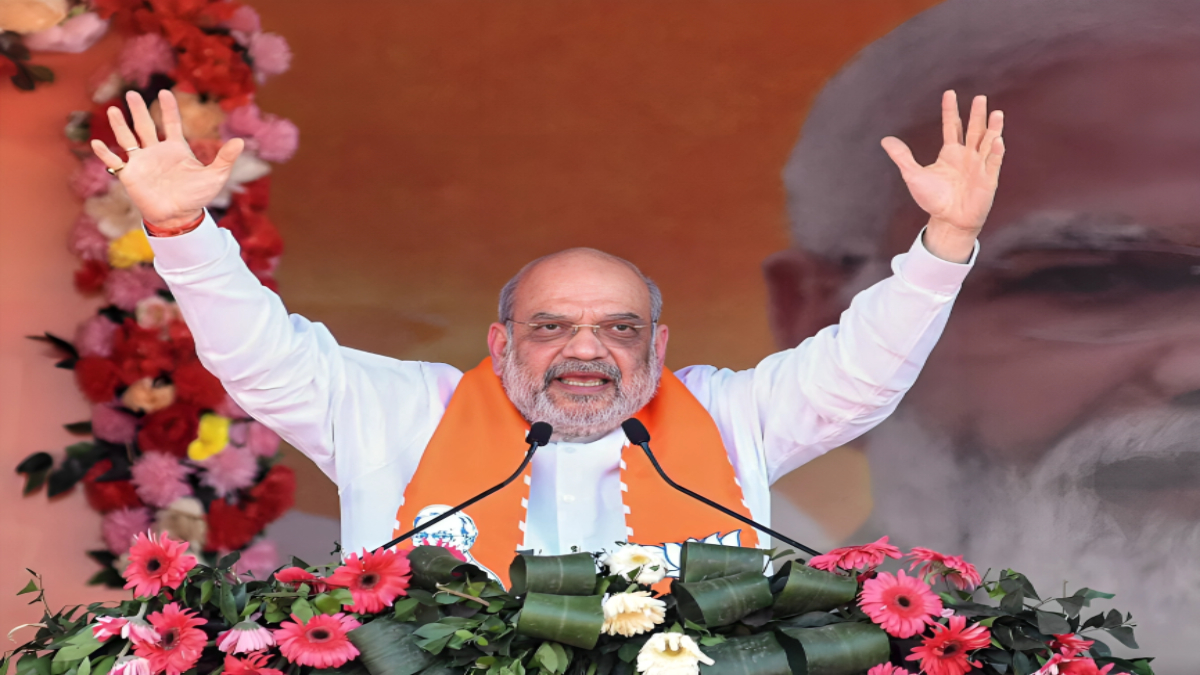The government has reaffirmed that the Citizenship Amendment Act (CAA) does not restrict the rights and opportunities of Indian Muslims. Despite criticism from the opposition, which views the act as biased and politically motivated, the government emphasized that Muslims from any part of the world are eligible to apply for Indian citizenship under Section 6 of the Citizenship Act, which pertains to citizenship by naturalization.
The Home Ministry clarified that there are no restrictions on Muslims seeking Indian citizenship. Additionally, the Centre recently announced the rules for the CAA, which include reducing the residency requirement for undocumented non-Muslim migrants from Pakistan, Bangladesh, and Afghanistan to apply for Indian citizenship from 11 years to 5 years if they arrived in India before December 31, 2014.
The Act, as emphasized by Amit Shah, the head of the Ministry of Home Affairs, does not prohibit any Muslim who faces persecution in Islamic countries such as Pakistan, Bangladesh, and Afghanistan from applying for Indian citizenship under the current laws. The ministry clarified that the Citizenship Amendment Act (CAA) does not nullify the existing naturalization laws, allowing individuals, including Muslim migrants from any foreign nation, to apply for Indian citizenship through the established procedures. The ministry further assured Indian Muslims that the CAA does not affect their citizenship and does not discriminate against the approximately 180 million Indian Muslims, who possess the same rights as their Hindu counterparts. This statement aims to alleviate concerns among a certain section of Muslims regarding the CAA.
There have been demonstrations in various regions of the country opposing the decision to enforce CAA due to concerns that it could lead to them being labeled as illegal immigrants and losing their Indian citizenship.
The government refutes these claims and argues that the law is necessary to assist minorities who are persecuted in nations where Muslims are in the majority, in line with India’s enduring tradition of generosity in granting Indian citizenship for a brighter and more prosperous future.
According to the ministry, no Indian citizen will be required to provide any documentation to verify their citizenship.
Furthermore, the ministry clarified that the Citizenship Act does not address the deportation of illegal immigrants. Therefore, the apprehensions of certain groups, including Muslims and students, that CAA discriminates against Muslim minorities are unfounded.
The government has expressed concern over the negative portrayal of Islam worldwide, attributing it to the persecution of minorities in three specific countries. However, it emphasized that Islam is a peaceful religion that does not promote hatred, violence, or religious persecution. In order to address this issue and protect Islam from further tarnishment, the government introduced an Act that demonstrates compassion and provides compensation for those who have been persecuted.
The ministry further explained that the Act was necessary to customize the citizenship system and regulate the influx of illegal migrants. According to the Constitution of India, the government has the authority to grant citizenship on humanitarian grounds to refugees who have faced religious persecution in their home countries.
It is worth noting that the implementation of this law comes four years after its controversial passage. The ruling BJP, which had pledged to enact the Citizenship Amendment Bill in its 2019 manifesto, cited the pandemic as the reason for the delay.

